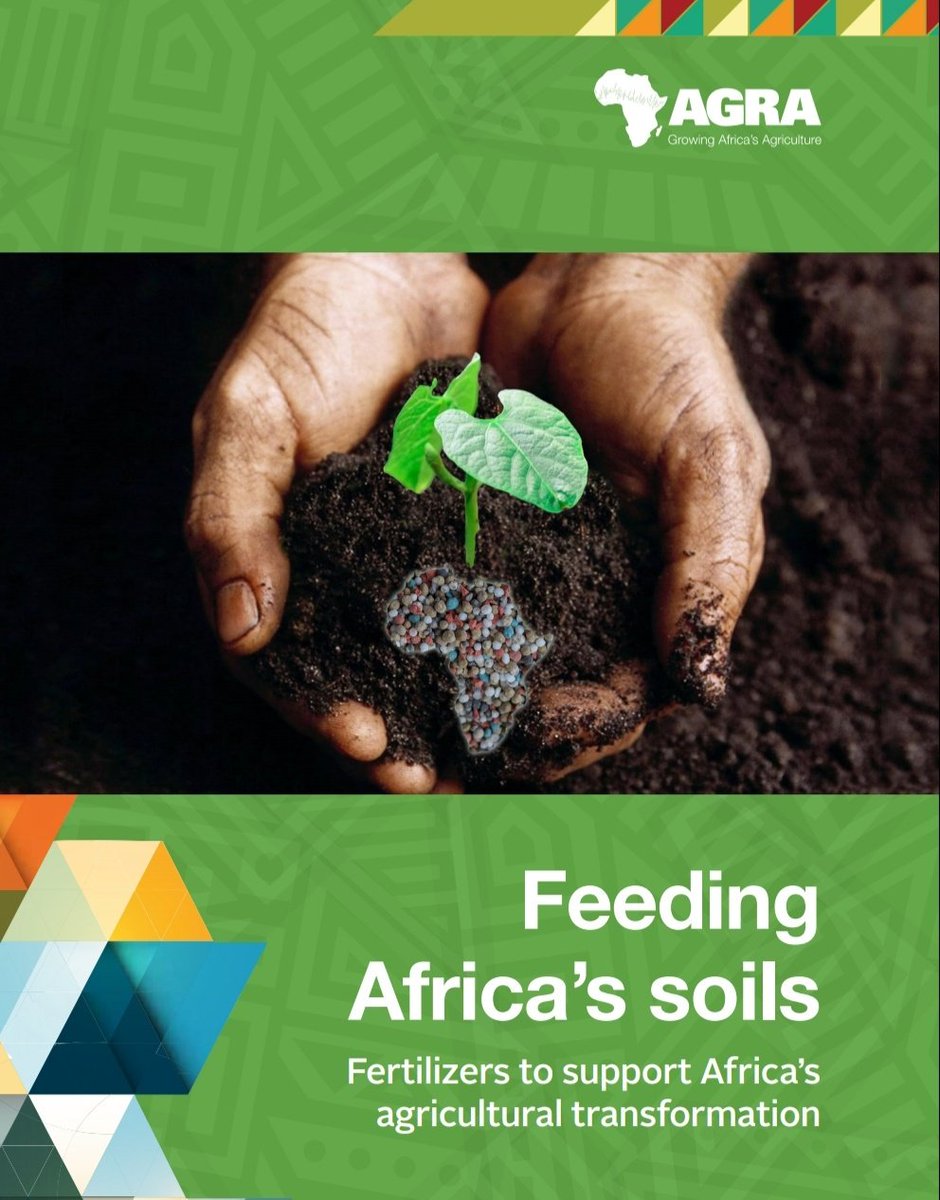AGRA. (2019). Feeding Africa’s soils: Fertilizers to support Africa’s agricultural transformation.Nairobi, Kenya. Alliance for a Green Revolution in Africa (AGRA).
Copyright ©2019 by the Alliance for a Green Revolution in Africa (AGRA) 166 pages
For those looking to expand their knowledge and understand the complexities of fertilizer sector development as a part of agricultural intensification in Africa, this book ‘Feeding Africa’s soils: Fertilizers to support Africa’s agricultural transformation’ is a comprehensive and timely publication. This book is a part of a series of publications of AGRA, and further consolidates its position as a ‘go to institution’ for those engaged in transforming agriculture in Africa.
For those looking to expand their knowledge and understand the complexities of fertilizer sector development as a part of agricultural intensification in Africa, this book ‘Feeding Africa’s soils: Fertilizers to support Africa’s agricultural transformation’ is a comprehensive and timely publication. This book is a part of a series of publications of AGRA, and further consolidates its position as a ‘go to institution’ for those engaged in transforming agriculture in Africa.
The current African agricultural system is
characterized by low-yield and high-NUE. The
longer-term strategy for Africa is to shift crop
production directly from a low-yield, high-NUE
status to a high-yield, high-NUE status. This shift
will require leapfrogging over the historical evolution
of agricultural management practices by employing
technologies and management practices that
promote high NUE before emissions reach alarming
levels. Developing and/or acquiring and promoting
such technologies, such as improved seed, balanced
nutrient fertilizers along with soil amendments, and
water management are needed and will require
investments in research, technology transfer and
capacity building. An example of such a technology is
the sub-surface application of large granules of urea
that doubles NUE particularly for flooded rice; farmers
get 18%-20% more rice with nearly 30% less urea.


No comments:
Post a Comment